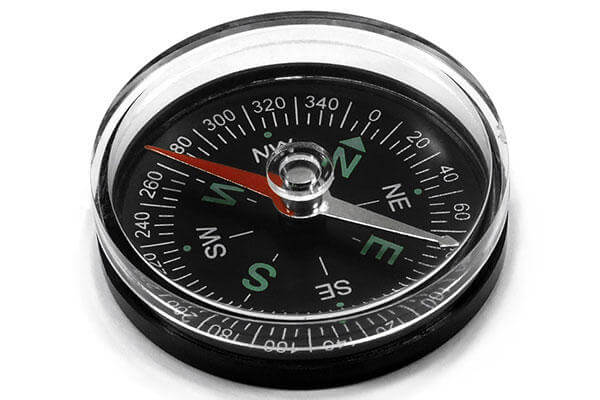We’d never been so lost.
On a European vacation a few years ago, my family (OK, I) made the mistake of trying to find our hotel with the aid of a foreign language paper map.
What should have been a 20-minute trip turned into a two-hour fiasco.
Lesson learned. After a short nap, we found the nearest electronics store and spent a couple hundred dollars on a new GPS.
What does that story have to do with financial advice? Well, it’s all about the beauty of the GPS; without it, we didn’t know exactly where we were or how to get where we wanted to go.
Do you know where you are and where you’re going with your money?
Unfortunately, there’s no financial GPS that allows you to hit the power button and get all the answers, options and directions. But there is something that can help: a financial plan. Here are three key elements that should be part of your plan:
- Insurance review. Health, life and property insurance can protect you from financial catastrophe. Assessing both what you have and what you need is critical, and that’s especially the case if you’re navigating some big changes (job, baby, etc.). Updating your protection plan during major life changes is also important.
- Spending plan. Budget, spending plan, cash flow management — whatever you call it, make sure you have a game plan to save money and spend less than you earn.
- Short- and long-term savings and investments. From building an emergency fund to creating long-term financial security, planning and executing your plan will allow you to hit the mark.
Of course, there are a bunch of other important details — tax planning and legal documents both come to mind. The key is to get started today. Figure out where you are and where you want to be.
In a nutshell, a financial plan is an assessment of where you are and strategies to help you address your shortfalls and achieve your financial goals. The USAA Financial Readiness Score may be just what you need to get started. It’s almost like a financial GPS. Visit usaa.com/myfinancialscore to begin the journey.









